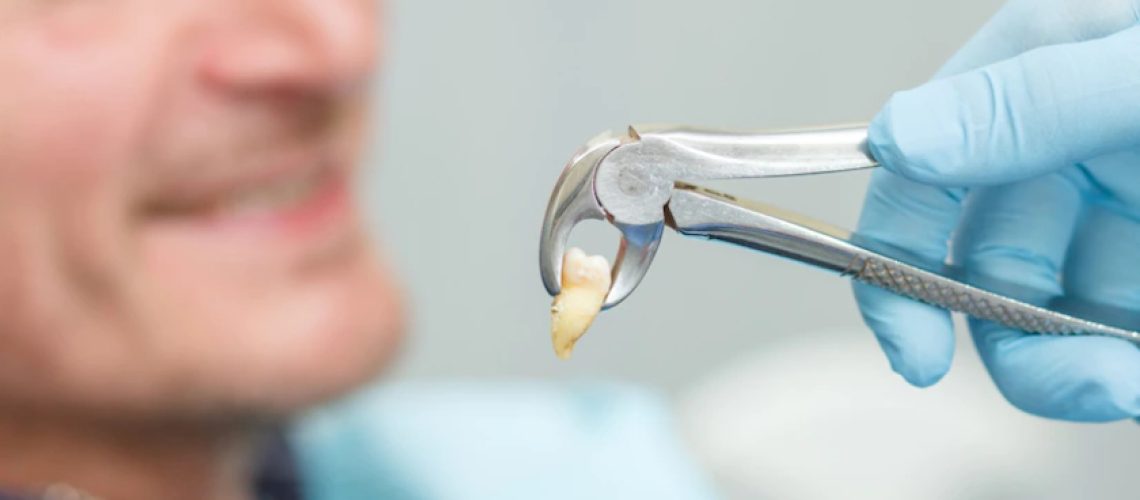Are you getting your wisdom teeth removed? Here’s what you need to know about what to do afterwards. From what to eat, to when you can resume normal activities, we’ll tell you everything you need to know to recover quickly and without complications.
Follow the instructions given to you by your dentist or oral surgeon
Taking proper care of your oral health is an essential part of maintaining good overall health and wellbeing. Following your dentist or oral surgeon’s instructions for aftercare is a crucial step in achieving the best possible outcome from treatment. This could range from avoiding certain food and beverages, to taking prescribed medications, to caring for wounds after surgery. Oral surgeons provide detailed post-operative care guidelines that must be followed closely in order to prevent infection, irritation and other adverse effects. It is also important to contact your dentist or oral surgeon if you experience symptoms such as pain, swelling, heavy bleeding or unusual discharge afterward so they can help you address it quickly and appropriately.
Take pain medication as prescribed and use ice packs to reduce swelling
Dealing with chronic pain can be extremely difficult, but taking pain medication as prescribed and using ice packs to reduce swelling is a great way to manage it. Taking the right amount of the recommended pharmaceuticals can help control the intensity of aches and discomfort more effectively, while icing the affected area helps reduce inflammation and improve mobility. If you are suffering from persistent pain, consulting a physician is highly recommended in order to find the most appropriate treatments for your condition. Don’t suffer in silence; seek help from an expert and take care of yourself so that you can live a quality life free from constant pain.
Eat soft foods for a few days while your mouth heals
After any dental procedure or surgery to the mouth area, it is important to eat soft foods in order to allow your mouth time to heal. Soft foods are those which require minimal chewing and are easy on the delicate area. This could range from soft cooked vegetables, mashed potatoes, oatmeal, soups, gelatin dishes, applesauce or any other pureed food that is easy to swallow. It is also important to drink plenty of fluids during this period such as water and herbal teas. Following these dietary guidelines will help you through the healing process and get you back to enjoying regular meals soon.
Brush your teeth gently and avoid using mouthwash with alcohol
Brushing your teeth is one of the most important steps for maintaining good oral health. It’s important to remember to brush gently — too much force can damage your enamel and gums. Additionally, it is best to avoid mouthwashes that contain alcohol because they tend to be harsh on the mucous membranes inside your mouth. The alcohol in these mouthwashes can leave you with a dry uncomfortable feeling afterward and potentially lead to increased sensitivity and other issues. Look for a more natural option such as a mouthwash without any added ingredients if possible. Practicing proper oral hygiene and brushing techniques are crucial for optimum dental health, so make sure you’re treating your teeth kindly every day!
Rinse your mouth with salt water several times a day
By rinsing your mouth with salt water several times a day, you can reduce the risk of gum disease and tooth decay. Additionally, it can help to prevent bad breath and sore throat. Salt also has antiseptic properties which helps to fight off bacteria and other pathogens that may build up in the mouth. To create a saltwater rinse, simply make a solution by adding ½ teaspoon of salt to one cup of warm water. Swish this solution around your mouth for several seconds before spitting it out. It’s best to practice this treatment at least twice daily for optimal oral hygiene benefits.
Avoid smoking or drinking alcohol while your mouth is healing
After you have gone through a dental procedure, it’s important to take the necessary steps to ensure your mouth heals properly and quickly. Smoking or drinking alcohol during this time can interfere with the healing process and delay your recovery, so it’s best to avoid these activities until your mouth is fully healed. In addition to being damaging for your physical health, smoking and drinking alcohol can heavily stain your newly whitened teeth, which could cause them to appear less bright than before. To get the most out of any procedure, focus on providing healthy nutrition and skipping the bad habits!
It is important to follow the aftercare instructions provided by your dental professional in order to heal properly and reduce the risk for infection. Be sure to take pain medication as prescribed, use ice packs on your face, eat soft foods, brush gently, rinse with salt water, and avoid smoking or drinking alcohol while your mouth is healing. By following these simple tips, you will be well on your way to a healthy and speedy recovery.

